Keywords: Pat Power
There are more than 200 results, only the first 200 are displayed here.
-
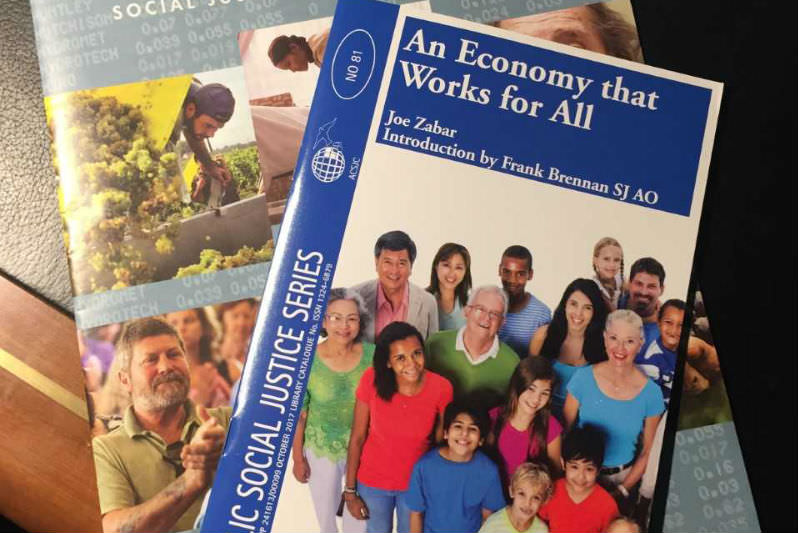
ECONOMICS
- Frank Brennan
- 18 October 2017
10 Comments
The promise of riches from the trickle-down effect is at best patchy for many Australians, and non-existent for others. Continuing with the same economic and social policy settings will exacerbate the already growing divide between the rich and the poor and eventually damage the economy to such an extent that it has a detrimental effect on everyone.
READ MORE 
-
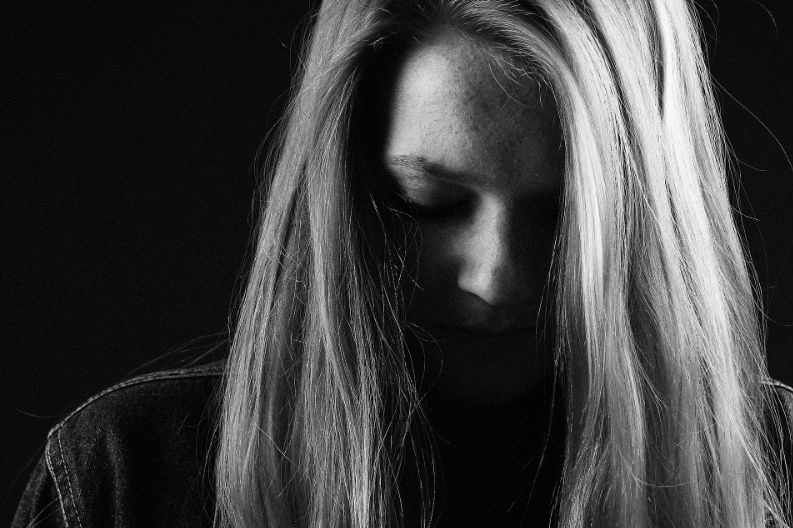
AUSTRALIA
- Josephine Samuel-King
- 13 October 2017
37 Comments
Her suffering is just as severe as any of my dying patients endured. From time to time she contemplates suicide. I cannot assist her to take her own life and it is important that I cannot. My role, when all else fails, is to sit with her, to understand her powerlessness and mine in the face of her suffering, and help her find a way through.
READ MORE 
-
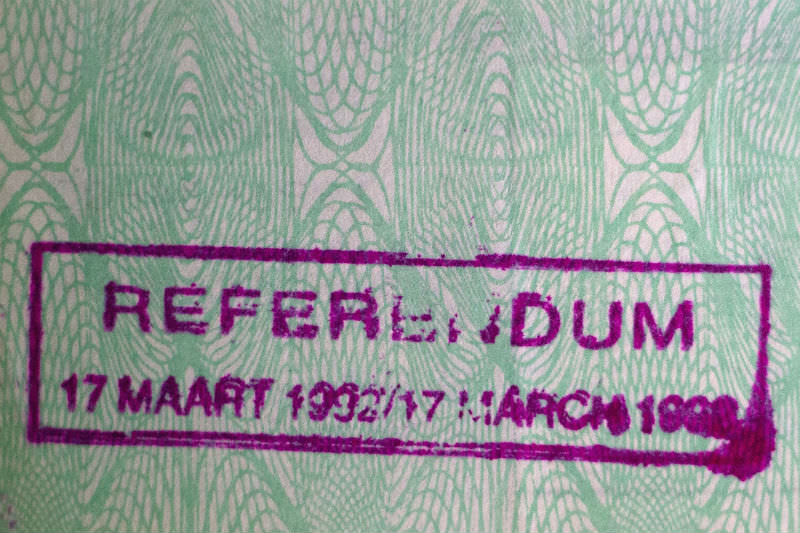
INTERNATIONAL
- Catherine Marshall
- 06 October 2017
3 Comments
One of the first votes I ever cast was the one in which I got to help decide whether a marginalised group of people should have the same rights as me. It was March 1992. I was a young, white, enfranchised South African working as a journalist. The referendum was one of the methodical steps taken by F. W. de Klerk in the dismantling of apartheid.
READ MORE 
-
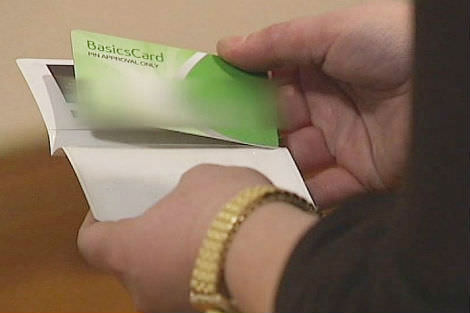
AUSTRALIA
- Kate Galloway
- 26 September 2017
9 Comments
The Senate is currently inquiring into the Cashless Debit Card Bill that will further expand the income management program. Welfare is a redistributive mechanism that supports the dignity and self-determination of the individual. In tying conditions to payments government is denying the self-determination of welfare recipients, counter to the very purpose of welfare.
READ MORE 
-

INTERNATIONAL
- Todor Shindarov
- 07 August 2017
4 Comments
Today’s highly technological era amazes us with possibilities for human growth and innovation, but in our amazement we often forget to tackle various pitfalls. Arguably, the biggest risk is the emerging military technology, about which there are many unanswered questions. We are faced with many uncertainties: security risks due to loss of competitiveness, potential control over advanced weapons by terrorists and, most importantly, reduced comprehension by the wider society—let alone any participation in the decision making process, as the frenzied pace of technological development increases.
READ MORE 
-
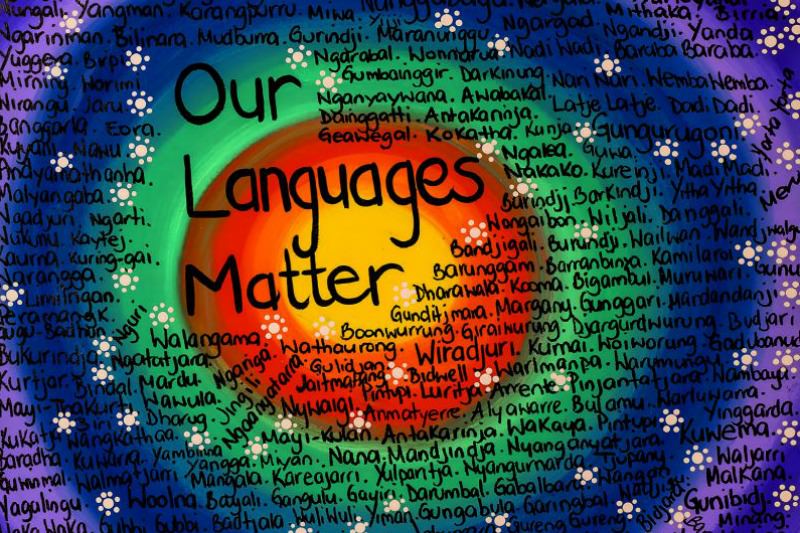
AUSTRALIA
- Frank Brennan
- 04 July 2017
6 Comments
It is no disrespect to those Aborigines and Torres Strait Islanders gathered at Uluru to say that now is the time for the report of the Referendum Council to be scrutinised by our national politicians, and that our elected leaders should pay special heed to the observations of those Indigenous members of the federal parliament who have offered considered reflections on the way forward. In particular, our elected representatives should have regard to the views of Patrick Dodson who is now Bill Shorten's Shadow Assistant Minister for Indigenous Affairs and Aboriginal and Torres Strait Islanders.
READ MORE 
-

AUSTRALIA
- Frank Brennan
- 31 May 2017
6 Comments
Indigenous leaders this last week have called for the creation of two new legal entities. They want a First Nations Voice enshrined in the Constitution, and a Makarrata Commission set up by legislation. The Makarrata Commission would supervise agreement making between governments and First Nations and engage in truth telling about history. The envisaged destination is a national Makarrata (or treaty). So the immediate constitutional issue is the creation of the First Nations Voice. There is no point in proceeding with a referendum on a question which fails to win the approval of Indigenous Australia. Neither is there any point in proceeding with a referendum which is unlikely to win the approval of the voting public.
READ MORE
-
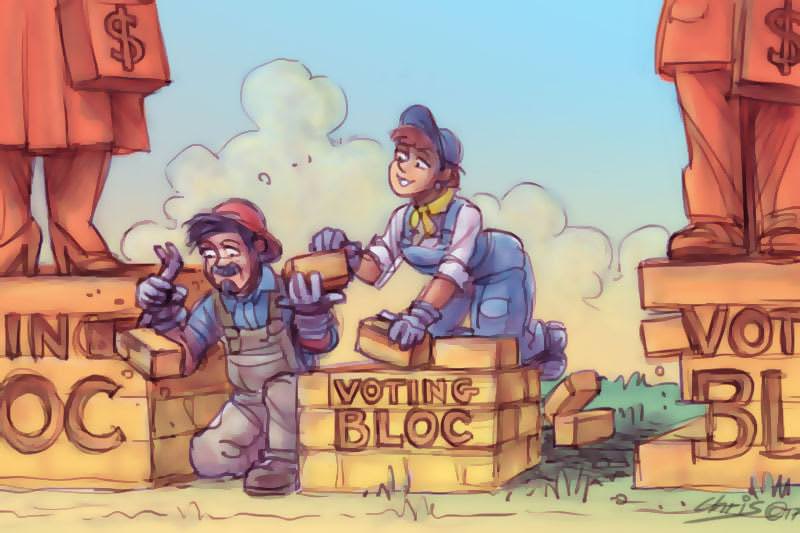
AUSTRALIA
- Ann Deslandes
- 26 May 2017
4 Comments
Wealth inequality in Australia is flourishing. The top one per cent of household wealth in Australia is moving toward being 20 per cent of total wealth, and the country is a preferred destination for millionaires. With a government that prefers to impoverish and vilify the disadvantaged and spend big on coal mines, this does not look likely to shift. But there are always other paths to social justice, and in Australia one may be through the millionaires - or at least the companies on which their fortunes are built.
READ MORE 
-
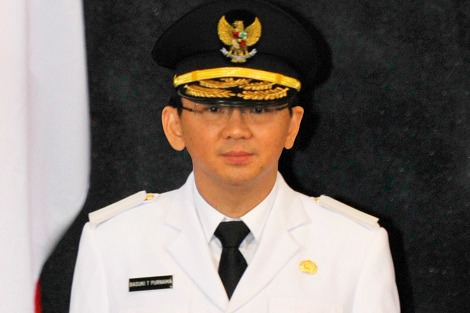
INTERNATIONAL
Did he denounce Islam as 'evil' like the American evangelist Franklin Graham? Did he publicly denounce God as 'stupid' like Stephen Fry? On the contrary. Ahok is deeply respectful of Islam and has many Muslim supporters. The affair has done a serious disservice to Indonesia, presenting it as fanatical, racist and sectarian. While these perceptions are unfair, the affair also reveals some aspects of contemporary Indonesia that are obscured by Canberra's often lavish praise of our important neighbour.
READ MORE 
-
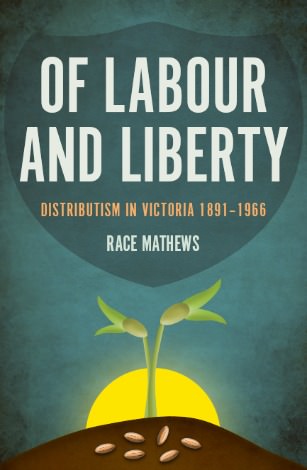
RELIGION
- Andrew Hamilton
- 05 April 2017
6 Comments
It can be disconcerting to hear our family history told by a sympathetic outsider. I found Race Matthews' new book that treats Catholic engagement in public social issues fascinating in that respect. Matthews' perspective is that of a member of the Labor Party who admires Catholic Social Teaching, especially its commendation of the communal ownership of business enterprises. He sees the possibilities this presents for the reform of Australian society, particularly if adopted by the Labor Party.
READ MORE 
-
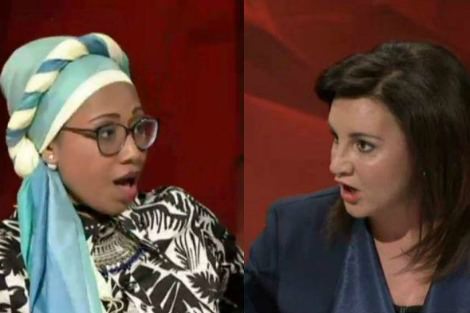
RELIGION
- Rachel Woodlock
- 24 February 2017
29 Comments
Once upon a time, a proud dad in Dandenong could name his son Jihad, with its ancient meaning of 'striving' in the path of God. Now he might choose a different name to avoid future discrimination. 'Shari'a' has come to mean the forced imposition of medieval punishments on cowering populations, while 'halal' is the torture of sheep and cows. These words have been stolen from ordinary Muslims, the vast majority of the world's second largest religion. I blame three groups for this.
READ MORE 
-
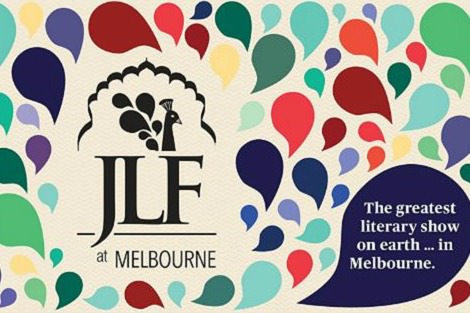
AUSTRALIA
- Tseen Khoo
- 20 February 2017
1 Comment
Recognising the necessity of initiatives and events in which you would not participate but that others find exciting and worthwhile is partly about social generosity. It's also about acknowledging that the public culture that surrounds you is not - and should not - only reflect you and your priorities. Ideally, it would involve knowing about, and potentially advocating for, the presence of groups and voices that are currently absent or misrepresented.
READ MORE 